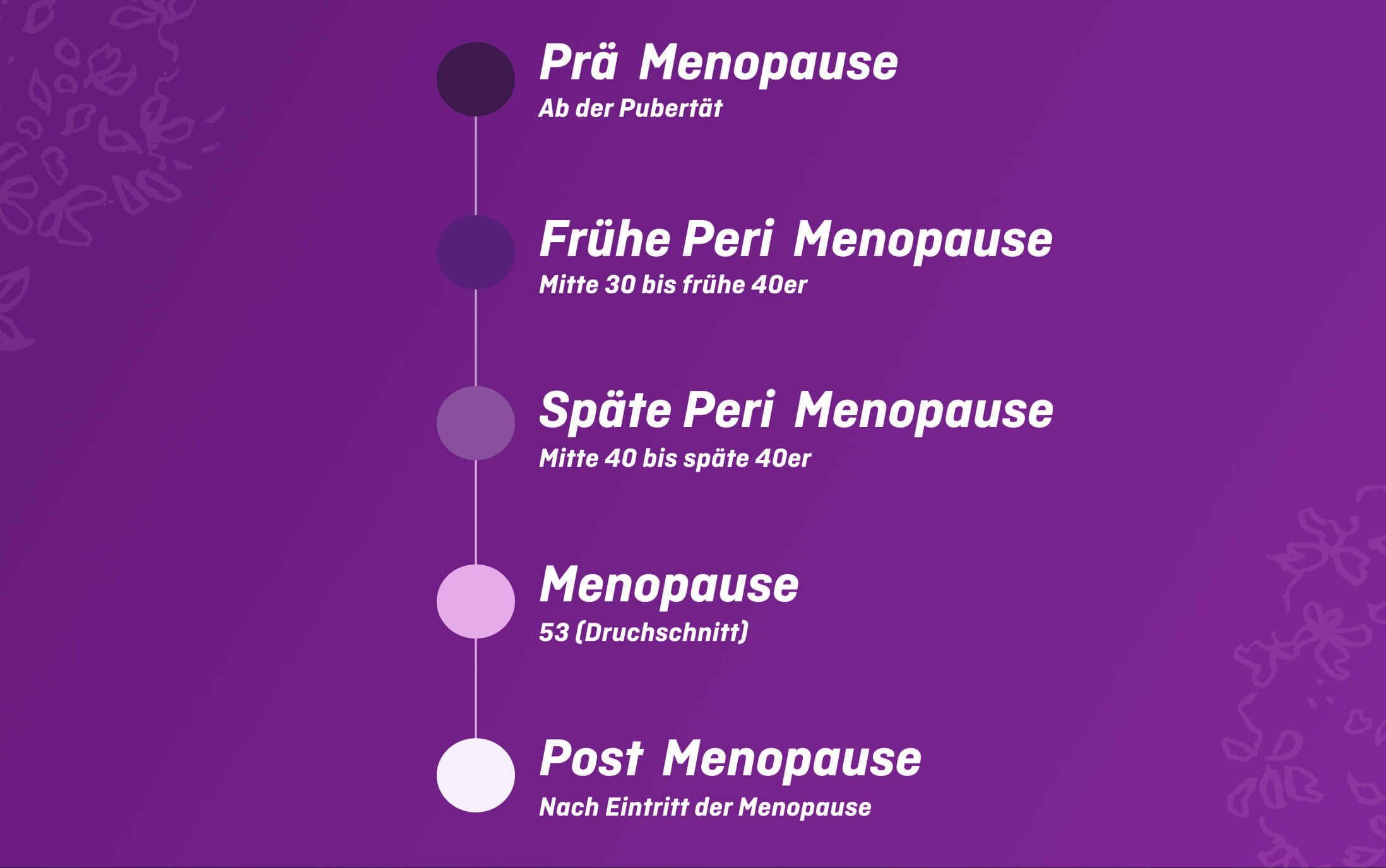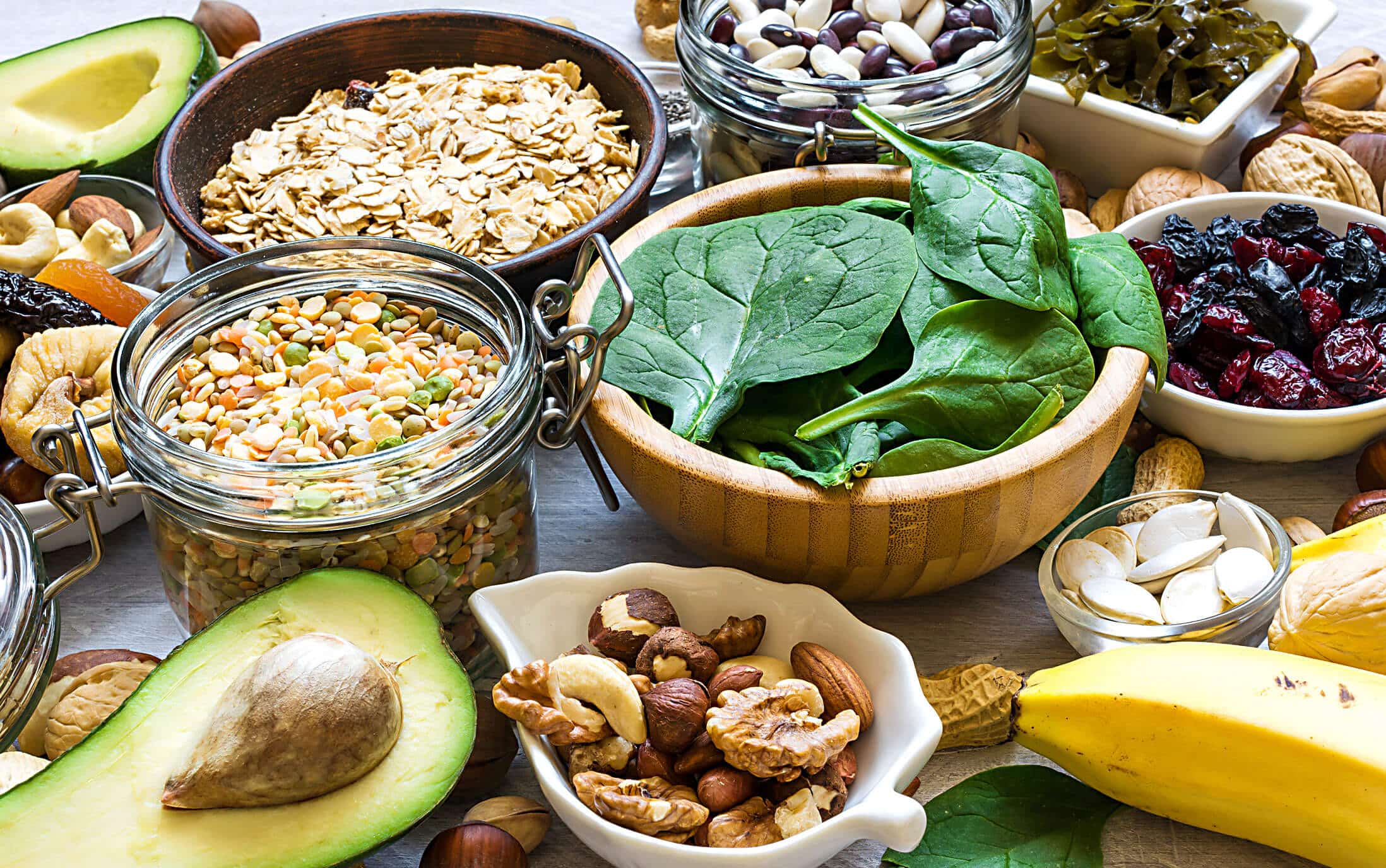Vaginal dryness during the menopause
Vaginal dryness is one of the most common problems during and after the menopause. And it affects more than half of women, which essentially means: You or your best friend, or even the both of you. In this article, we want to help you understand vaginal dryness during and after the menopause, along with its symptoms, causes and treatments. If you are experiencing this problem, you are not alone and we want to encourage you to take the first step to regain your sexual confidence and quality of life.
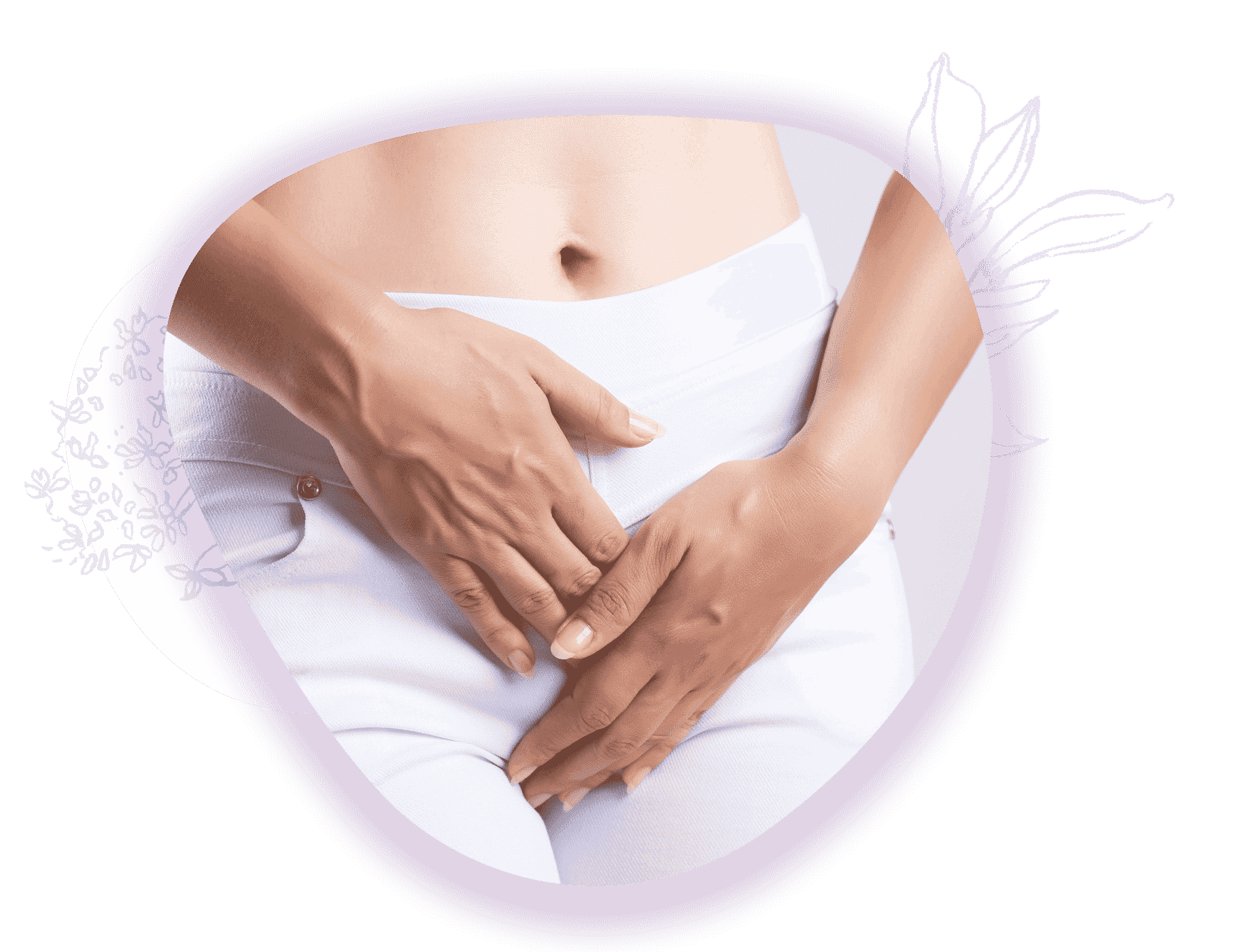
Vaginal dryness during the menopause: Signs and symptoms
The natural vaginal moisture of the inner vagina is silky and moist. It flows through the vagina slowly, keeping it clean and removing any dead cells and more. The slightly acidic pH value of 3.7 to 4.5 keeps the entire vagina healthy and protects against infections with bacteria (e.g. bacterial vaginosis) or the often widespread thrush (med.: vaginal mycosis).
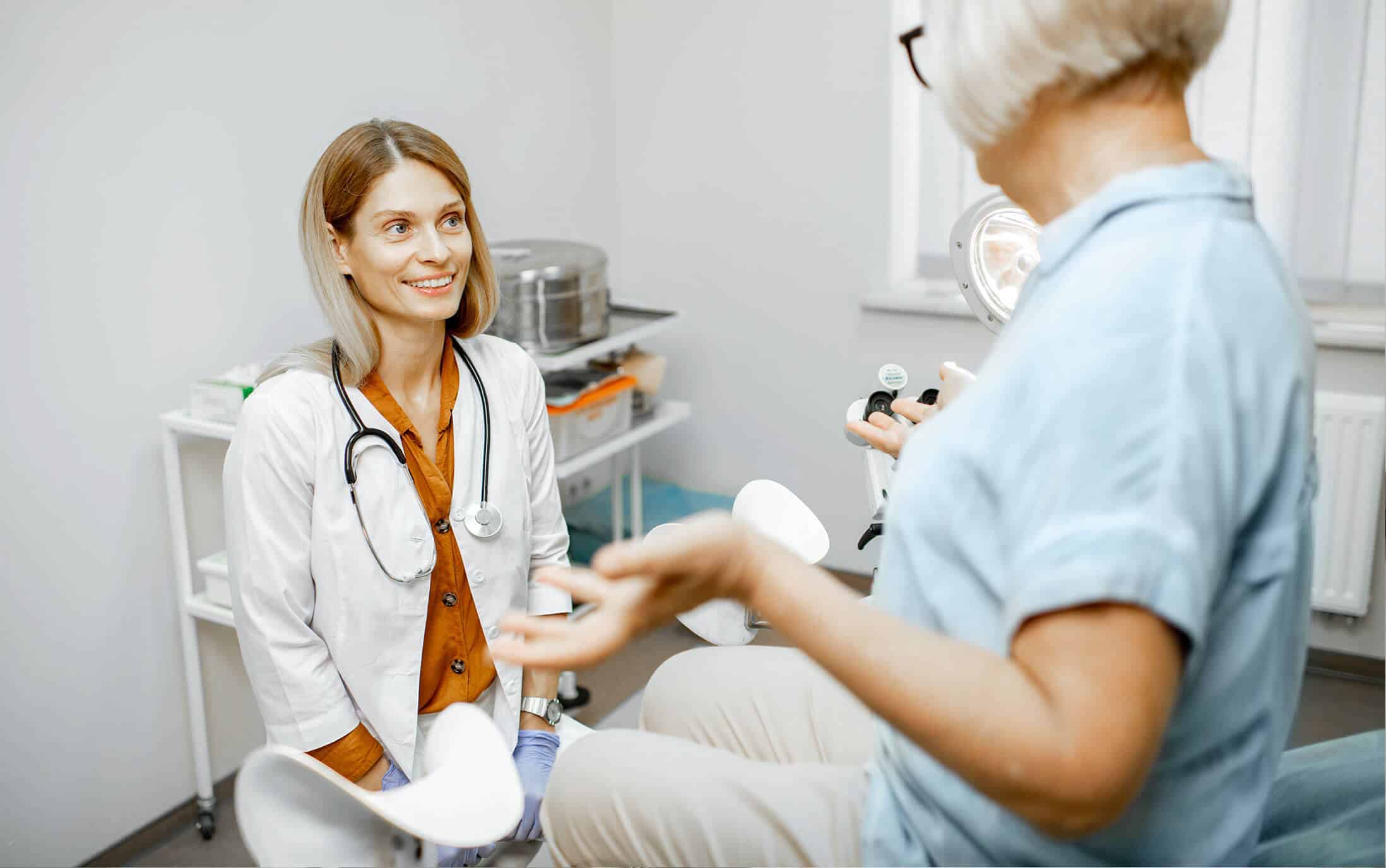
Talking session with gynecologist
Vaginal moisture is reinforced during sexual arousal. Additional moisture is produced here to make sexual intercourse easier. The technical term for this is ‘lubrication’. If the vaginal tissue becomes thinner during the menopause and therefore also drier (medical: vaginal atrophy), sex can become unpleasant or painful. Even everyday activities such as sport or simply sitting for long periods of time can cause problems.
The following symptoms may be indications that you are suffering from vaginal dryness:
You feel pain, irritation, burning or dryness during sex.
You experience bleeding or spotting during or after sex.
Smear samples with your gynaecologist are becoming more difficult or unpleasant.
Your genital area looks different.
Vaginal dryness during the menopause – What you need to know
Vaginal dryness can affect every woman and can occur in all phases of a woman’s life. It becomes more significant with the menopause due to the drop in oestrogen levels.
Until the menopause, the oestrogen hormone helps to keep the walls of the vagina healthy and elastic. Collagen molecules provide elasticity, hyaluronic acid binds moisture and the vagina is well circulated on the whole. Lactic acid bacteria help to keep the vagina’s pH value low. This in turn keeps unwanted bacteria and yeast fungi in check.
All these factors that keep the vagina elastic and healthy benefit from a normal oestrogen level. Once the oestrogen level falls, the vaginal tissue becomes thinner and less elastic. Moisture and collagen production drop significantly and life becomes more difficult for good lactic acid bacteria, causing acid production to fall and unwanted bacteria or fungi to gain the upper hand. Due to these changes, many women notice increased complaints such as burning, infections or reduced sexual comfort or discomfort.
It is also common knowledge that in many cases, vaginal dryness causes pain during sex, causing the individual’s sex life to suffer. In addition, vaginal dryness can greatly impair everyday life. In some women, it can even become so severe that just sitting or standing can feel unpleasant. Obviously, this has a negative impact on overall quality of life.
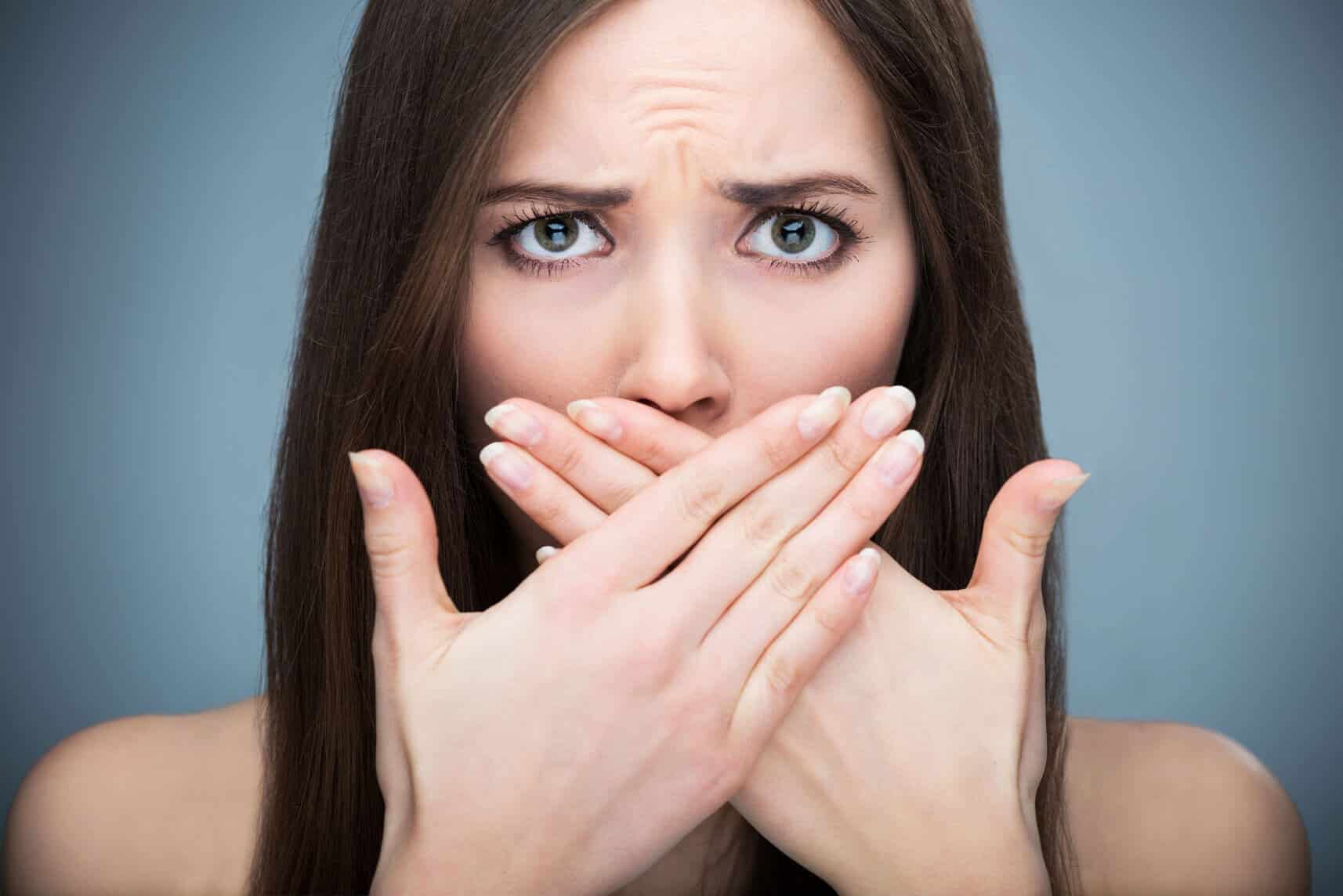
The “silent problem” will not solve itself
Vaginal dryness is somewhat of a taboo topic, despite many women being affected by it. It is still a “silent problem”. Women prefer to keep it to themselves.
If sex is unpleasant or painful, this inevitably places strain on their relationship with their partner, especially if they do not talk about why they are withdrawing or have little or no interest in sexual activity anymore.
Many women find it embarrassing to talk about with their partners or friends. Even fewer – just one-quarter of women affected – seek professional advice from their gynaecologist. And no, there is nothing embarrassing about vaginal dryness. It is a natural thing. And you can do something about it.
The average life expectancy of a woman is currently at around 84 years, with the time after your menopause accounting for around a third of your lifetime. To live out this phase feeling as fulfilled and happy as possible, it is all the more important to try to maintain your quality of life.
Vaginal dryness during the menopause: Prevention and treatment
The good news: Vaginal dryness does not have to be accepted as an inevitable part of getting older. So what can you very easily do about it? The discovery that vaginal dryness is normal and widespread is the first key step to helping yourself. Moisturising vaginal remedies are always worth a try when dealing with vaginal dryness. Depending on your personal preference, you can choose between moisturising gels and nourishing creams. As the vaginal mucosa is especially sensitive, you should, of course, opt for natural products that contain no or as few chemical ingredients as possible.
Our tips for you
A range of simple, easy-to-use methods are available to help restore your dry vagina to a comfortable, moist environment:
Not just for the face: Moisturising the vagina gently every day is one easy and effective way to deal with the unpleasant feeling of dryness. The best way to do this is by using a natural moisturiser without any additives, which also helps with skin irritation.
Lubricants during sex: Lubricants are a good idea for comfortable sex and simultaneously offer good protection against cracks and infections; not just for menopausal women. They are similar to natural lubrication and are applied around the vulva and vagina before sex. Choose your lubricant carefully. Dyes and additives, fragrances, glitter, warming or tingling elements and other seemingly enticing ingredients can be harmful for the sensitive tissue of the vagina.
Gentle hygiene: Limit daily cleansing only to the external areas – the inside can take care of itself. To prevent irritation to sensitive spots, it is ideal to use a very gentle, special cleansing agent for the vagina. Vaginal douches are not recommended. They could further disrupt the body’s natural pH value and cause all kinds of problems, some of which could be serious.
Caution during sex: When getting intimate, give yourself time to achieve the maximum amount of natural lubrication. Fun foreplay is the opening act for fulfilling pleasure. Make sure that you are properly aroused before sexual intercourse. Arousal causes the formation of natural moisture, usually preventing any pain. Or perhaps you could surprise your partner with a lubricant as a new element of foreplay.
EstroG-100® and vaginal dryness: The natural medicinal herb extract EstroG-100® alleviates numerous discomforts during the menopause and is highly effective against vaginal dryness. Clinical studies have shown a significant reduction in the occurrence of vaginal dryness of 59%.
58% of women between 51 and 60 experience vaginal dryness especially often, particularly after the menopause.
Around 25% of women between 50 and 59 suffer from vaginal dryness during sex, with around 1 in 6 experiencing pain.
Around 17% of women aged between 18 and 50 have problems with vaginal dryness during sex before the menopause.
menoelle® and vaginal dryness
menoelle® tablets: Thanks to their holistic mode of action, menoelle® tablets are the means of choice for the effective, hormone-free and well-tolerated alleviation of menopausal symptoms and among other things, also help to relieve vaginal dryness.
menoelle® Vaginal Gel is an organically certified, water-based gel moisturiser and naturally provides gentle, long-lasting hydration to dry vaginal mucosa. menoelle® vaginal gel was developed for the sensitive vaginal flora, therefore it has an optimal pH value for the vagina and is free from harmful, chemical ingredients.
menoelle® Vaginal Gel has a quick and long-lasting effect – the natural gel moisturiser for vaginal dryness: Quickly relieves vaginal dryness and provides gentle, long-lasting hydration.
If you are a woman who does not wish to use hormone-based ointments or chemical lubricants, but are looking for a hormone-free, natural alternative for your womanhood, then our menoelle® Vaginal Gel is perfect for you:
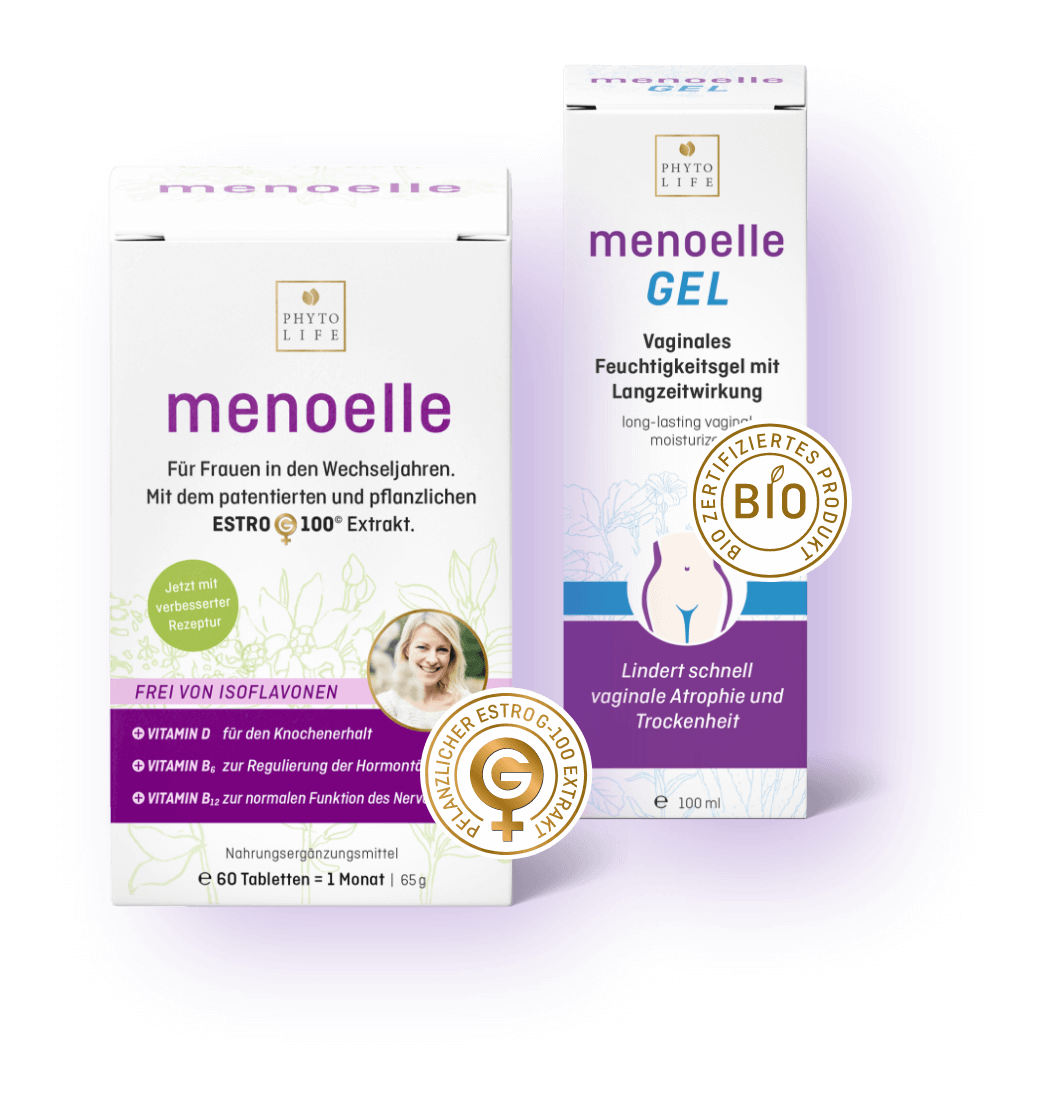

Cue: Visit the doctor
If your complaints are severe, causing you stress and common vaginal medications are not bringing you the success you want, then you should visit your gynaecologist, who will be able to recommend a suitable treatment for you.
Even if it may seem unpleasant at first: Talking about your problem with a doctor you trust will restore so much quality of life for you.
Hormonal preparations applied directly in the vagina to keep the hormones there are ideal for the medical treatment of hormone-related vaginal dryness such as with vaginal atrophy. The local application is not a burden on the whole body and keeps potential risks to a minimum.
Menotest
menoelle®-menopause test
Am I already in the menopause or not yet?
Simply answer the 20 short questions in our menoelle® menopause test to know more straight away.

